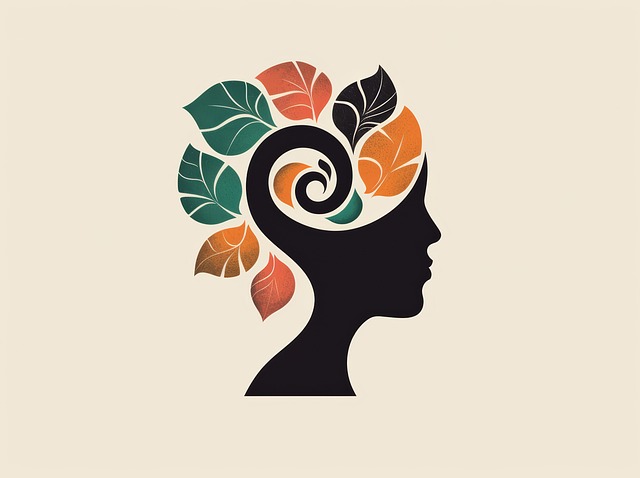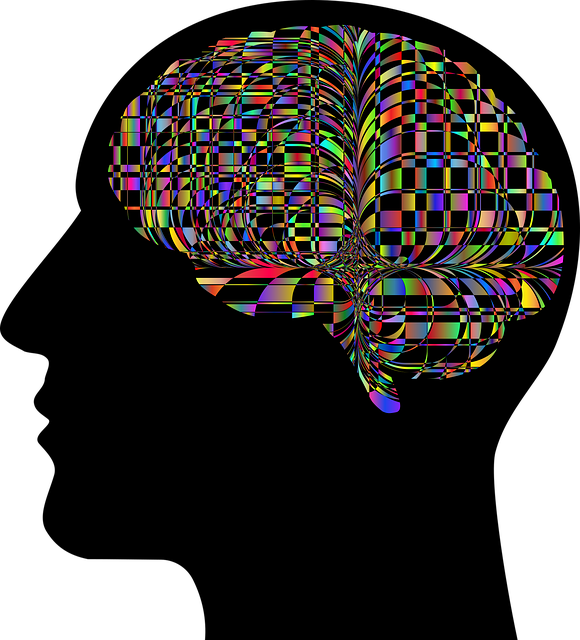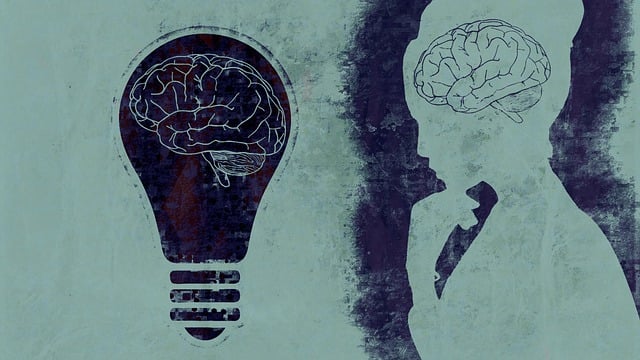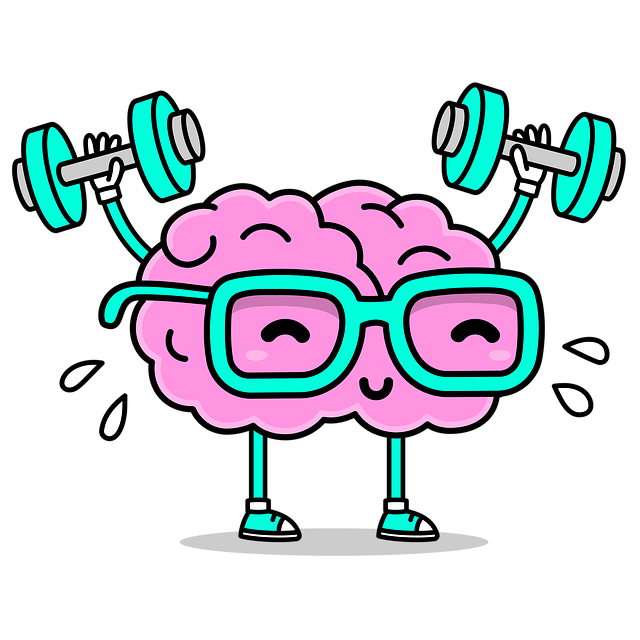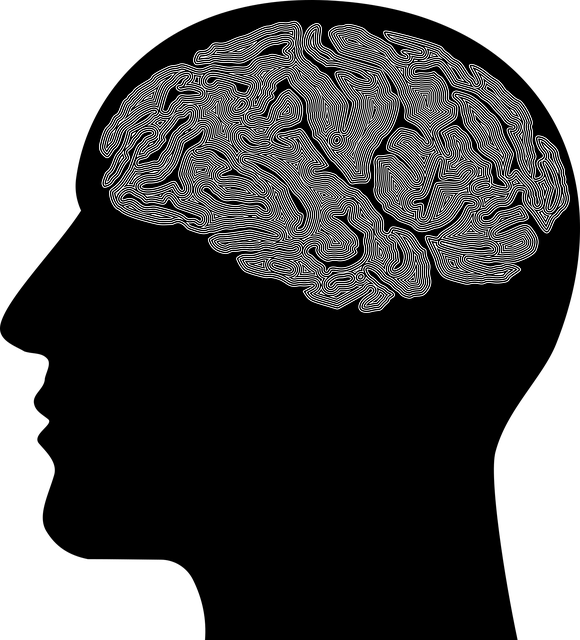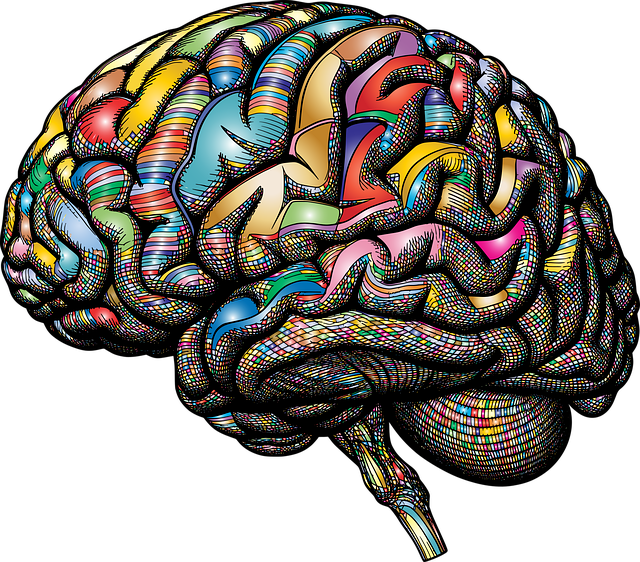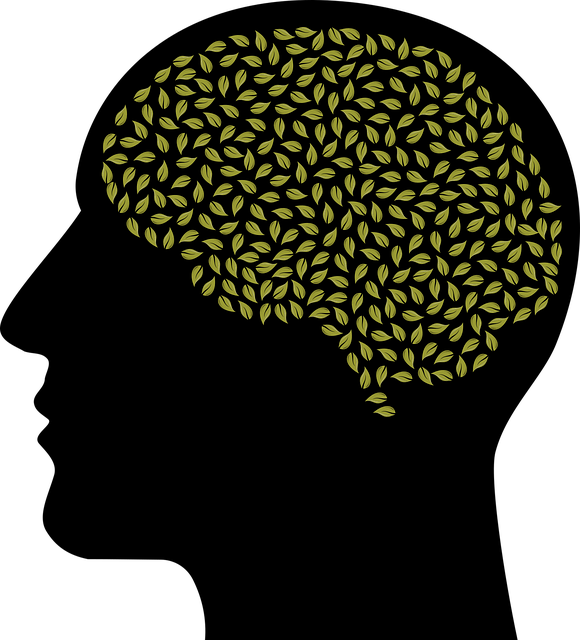In Greenwood Village, a comprehensive approach addresses Post-Traumatic Stress Disorder (PTSD) through specialized therapy programs. Cognitive Behavioral Therapy (CBT), recognized for its effectiveness, focuses on modifying negative thought patterns and coping with distressing memories. Alternative holistic therapies like mindfulness, yoga, and acupuncture complement CBT, offering transformative self-care routines. The community's initiatives, including Mental Wellness Coaching, Social Skills Training, and cultural competency training, empower residents to overcome PTSD, fostering improved mental health and well-being.
Stress reduction is a vital aspect of maintaining mental health, especially in communities like Greenwood Village where life can be fast-paced. This article explores effective methods for managing stress, focusing on Post-Traumatic Stress Disorder (PTSD) specifically. From understanding the condition to exploring therapeutic approaches like Cognitive Behavioral Therapy (CBT), alternative holistic practices, and building resilience, these strategies offer hope and healing in Greenwood Village and beyond. Discover how to reclaim your well-being through evidence-based PTSD therapy.
- Understanding Post-Traumatic Stress Disorder (PTSD) in Greenwood Village
- Cognitive Behavioral Therapy (CBT): A Popular Approach for PTSD Treatment
- Alternative Therapies for Stress Reduction: Exploring Holistic Methods
- Building Resilience and Coping Strategies for Long-Term Well-being
Understanding Post-Traumatic Stress Disorder (PTSD) in Greenwood Village

In Greenwood Village, Post-Traumatic Stress Disorder (PTSD) is a significant concern for many individuals who have experienced traumatic events. PTSD can manifest in various ways, affecting one’s daily life and mental wellness. Therapy plays a pivotal role in helping residents navigate through these challenges. Professional therapy sessions tailored to address PTSD offer a safe space for processing trauma, fostering emotional regulation, and promoting healing.
Greenwood Village offers specialized programs like Mental Wellness Coaching and Social Skills Training that complement traditional therapy. These initiatives aim to empower individuals with effective coping mechanisms, enhance their support networks, and ultimately improve overall emotional resilience. By combining therapy, coaching, and training, Greenwood Village is making strides in supporting residents’ mental health and well-being, ensuring they have the tools needed to overcome PTSD and lead fulfilling lives.
Cognitive Behavioral Therapy (CBT): A Popular Approach for PTSD Treatment

Cognitive Behavioral Therapy (CBT) has emerged as a widely recognized and effective approach for managing Post-Traumatic Stress Disorder (PTSD). This therapeutic method focuses on identifying and modifying negative thought patterns and behaviors, offering individuals practical tools to cope with distressing memories and emotions. By helping patients challenge unhelpful cognitive processes, CBT enables them to develop healthier perspectives and more adaptive responses to traumatic experiences.
In the context of Greenwood Village post-traumatic stress disorder therapy, CBT is often tailored to address unique challenges faced by individuals within their community. This personalized approach incorporates empathy-building strategies, encouraging therapists to foster a supportive environment. Additionally, mental wellness coaching programs development and community outreach program implementation can further enhance CBT’s impact, promoting collective healing and improving access to effective PTSD treatment.
Alternative Therapies for Stress Reduction: Exploring Holistic Methods

In addition to traditional therapeutic approaches like cognitive behavioral therapy and medication, exploring alternative therapies can offer profound stress reduction benefits. These holistic methods acknowledge the interconnectedness of mental, physical, and emotional well-being. Techniques such as mindfulness meditation, yoga, and acupuncture have gained recognition for their effectiveness in managing stress and anxiety.
For individuals dealing with post-traumatic stress disorder (PTSD) in Greenwood Village, incorporating alternative therapies into their self-care routine can be transformative. Emotional intelligence plays a crucial role in navigating these practices. By cultivating emotional regulation skills, one can deepen the benefits of therapy. This might include adopting a structured self-care routine that combines physical activities like yoga with mental practices such as journaling and deep breathing exercises.
Building Resilience and Coping Strategies for Long-Term Well-being

Building resilience is a key component of long-term well-being and stress reduction. It involves developing coping strategies that enable individuals to navigate life’s challenges with greater ease. Through Greenwood Village post-traumatic stress disorder therapy, people can learn to identify and challenge negative thought patterns, enhancing their ability to manage stress and anxiety effectively. This process empowers them to develop a sense of control over their emotions, fostering mental toughness and adaptability in the face of adversity.
Coping skills development is another vital aspect. Equipping individuals with tools like mindfulness, deep breathing exercises, and cognitive restructuring allows them to proactively address rising stress levels. Moreover, healthcare provider cultural competency training plays a significant role by ensuring professionals are equipped to offer tailored support, addressing unique cultural considerations that may impact an individual’s stress response and coping mechanisms.
In Greenwood Village, post-traumatic stress disorder (PTSD) therapy options are abundant, catering to diverse needs. From cognitive behavioral therapy (CBT) to alternative holistic methods, these strategies offer valuable tools for managing PTSD symptoms. By understanding the condition and adopting effective coping strategies, individuals can build resilience and achieve long-term well-being. Exploring these various approaches allows for personalized care, ensuring a brighter, less stressful future.

